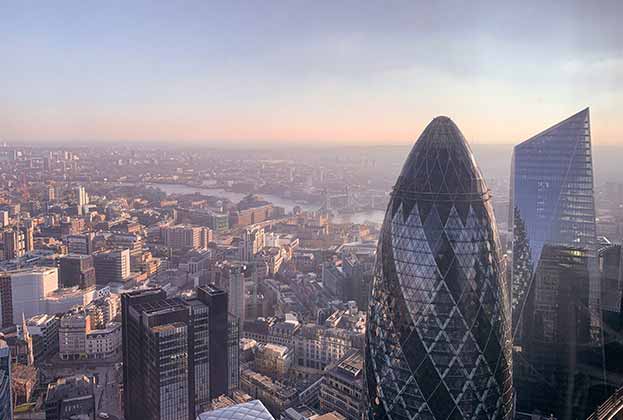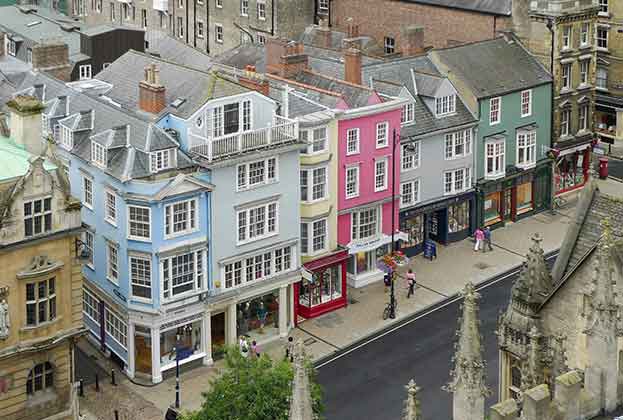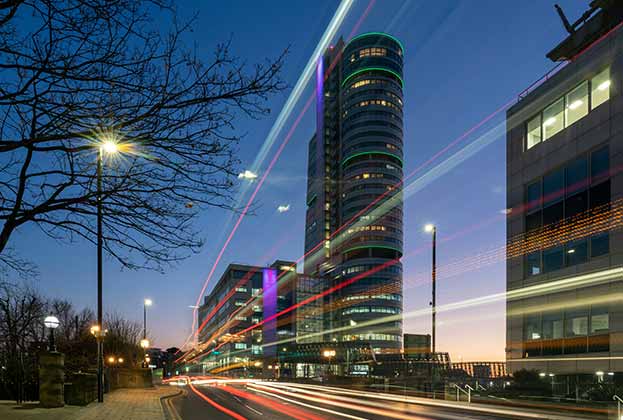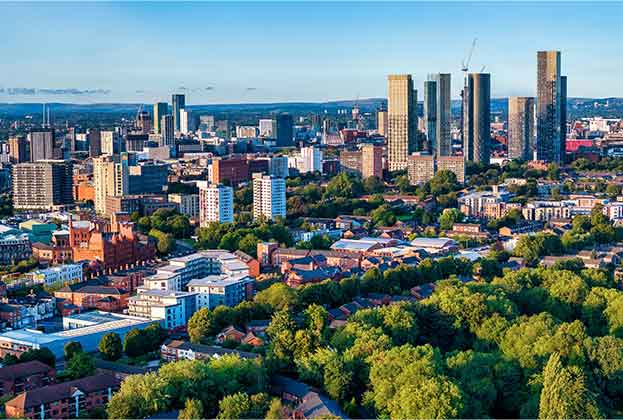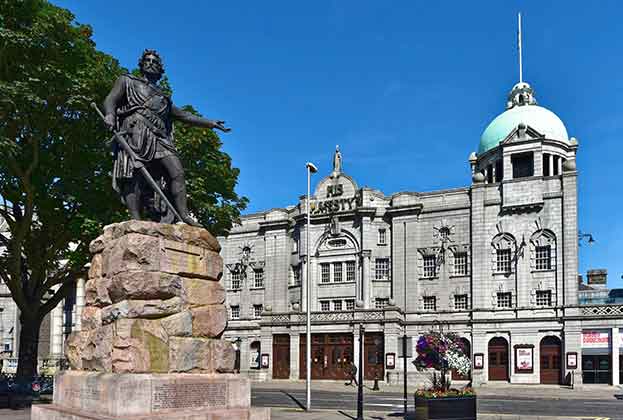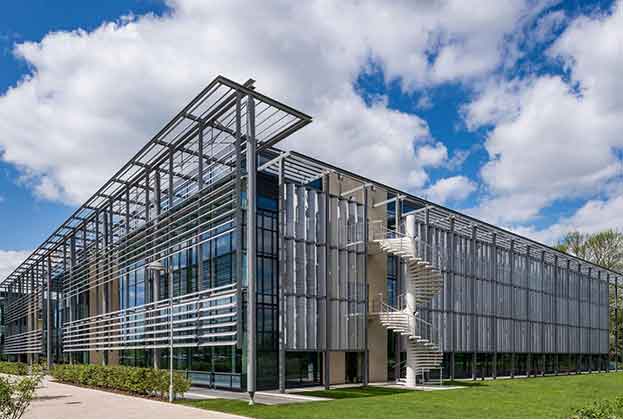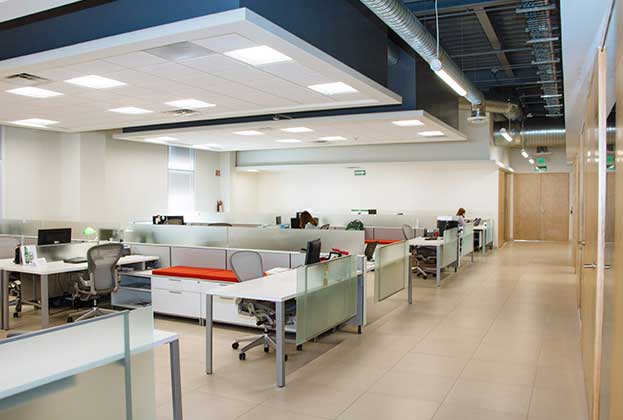In the early 2000s, commercial property occupiers and their advisors struggled to determine which green approaches to incorporate when retro-fitting old buildings. Professional teams were insufficiently experienced, many technologies were immature and occupiers did not, generally, understand what they required. Consequently, the evaluation of energy efficiency in buildings was often inconsistent and so were the results of retro-fit projects.
Fast forward to 2017 and the retro-fit landscape has settled down. Although international commitments to preventing climate change have led to the introduction of various national and international energy efficiency regulations, technologies such as LED lighting have matured and in many cases the associated cost premiums have reduced or disappeared.
The more onerous standards required for meeting energy efficiency targets are now understood and both design teams and landlords have amassed considerable experience, particularly through the recent upturn in the retro-fit market.
In most commercial centres, where rents are able to support substantial refurbishment, projects now occupy a sensible, regulatory-compliant middle ground, using tried and tested solutions. They are both 'relatively' energy efficient and 'relatively' cost effective. This convergence of what is offered and what is expected means there is little extra real cost burden in achieving appropriate energy efficiency – it’s just what you do.
Over the same period, occupier aspirations in terms of design, amenity, comfort and quality within the work environment have soared. Business lounges, first-class cycle storage and quality shower facilities are becoming de rigueur and the creation of a yoga studio or shared roof terrace is no longer out of the ordinary. This shift is not limited to new, Grade A accommodation, but percolates downward, with what would once have been described as Grade B offices often punching well above their weight.
At The Crossway in Birmingham (formerly Civic House), Savills is currently managing a significant office redevelopment scheme for Angelo Gordon and Dunedin Property, which exemplifies both an intelligent approach to sustainability and a clear focus on exceeding modern occupier expectations.
A meticulous and yet cost-effective approach to sustainability will achieve an excellent band B energy performance rating. Throughout the building, contemporary interior design meets an aspiration to create an environment that truly works for a modern occupier with an impressive, double-height business lounge, a generous and secure cycle hub and a high-quality shower and locker facility.
Undoubtedly, the most sustainable aspect of the overall change in attitude to and quality of energy efficiency retro-fits seen since the turn of the century is the aspirational 're-use' of existing buildings as a genuine alternative to new accommodation.
Further information
Contact Savills Building & Project Consultancy
(1).jpg)
